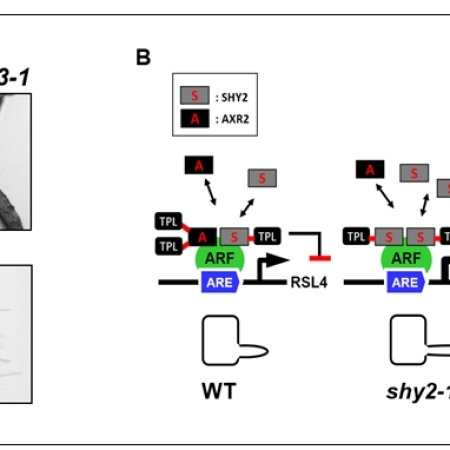Research Research Highlights
Research Highlights
Research Highlights
Research Highlights
Research Highlights 미리보기

Professor Hyobin Yoo’s Research Team at SNU Develops 2D Quantum Material Platform Using Moiré Lattice Superposition
Prof. Hyobin Yoo
Seoul National University College of Engineering has announced that a joint research team led by Professor Hyobin Yoo from the Department of Materials Science and Engineering, in collaboration with Professor Young-Woo Son (Korea Institute for Advanced Study) and Professor Changwon Park (Ewha Womans University), has successfully developed a two-dimensional (2D) quantum material platform through the superposition of moiré lattices.
Research Highlights Board

The hidden power of shame: how feeling ashamed enhances advertisement recall and positive attitude
Prof. Youjae Yib The Colle
This study investigates the effect of shame on subsequent advertisement processing. Consumers often experience shame in various advertising contexts, such as digital media contexts, TV advertisements, or even daily lives. However, it remains unclear how feeling shame affects consumers’ processing of subsequent advertis...
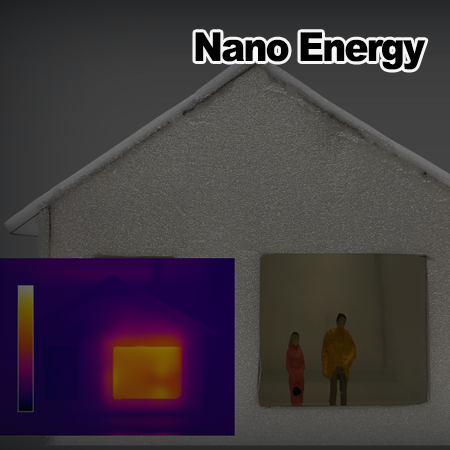
Energy-saving window for versatile multimode of radiative cooling, energy harvesting, and defrosting functionalities
Prof. Seung Hwan Ko
This study presents an energy-saving window that integrates the multi-mode of radiative cooling, droplet-based electricity generator, and defrosting/defogging functionalities with an all-in-one device architecture.
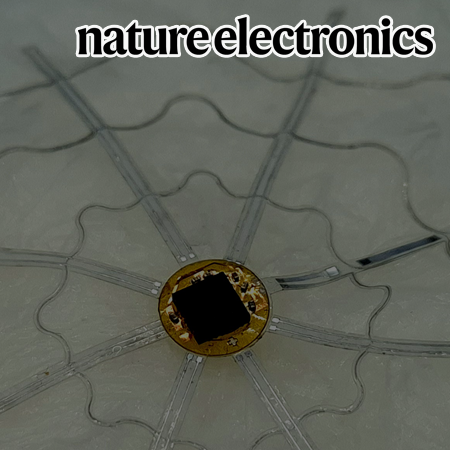
Development of Biodegradable Electronic Tent for Non-Surgical Brain Disease Diagnosis Using a Needle
Prof. Seung-Kyun Kang
The College of Engineering at Seoul National University has announced that Professor Seung-kyun Kang’s research team from the Department of Materials Science and Engineering has developed a biodegradable electronic tent technology that enables brain disease diagnosis using a needle.
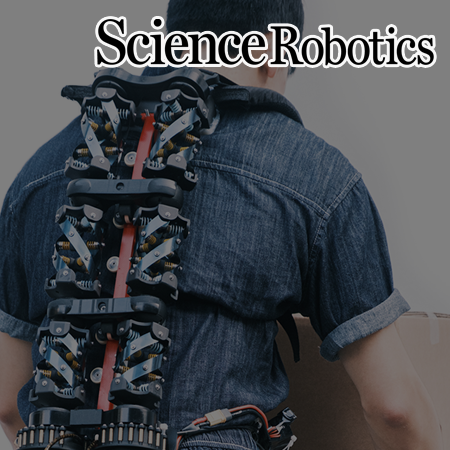
Professor Yong-Lae Park's Team at Seoul National University Develops The Bilateral Back Extensor Exosuit Revolutionizing Workplace Safety
Prof. Yong-Lae Park
Prof. Yong-Lae Park’s team from the Dept. of Mechanical Engineering has developed the Bilateral Back Extensor Exosuit (BBEX), a cutting-edge robotic back-support device designed to prevent spinal injuries and assist workers in heavy lifting tasks.

Development of Next-Generation Fiber-Based Human-Machine Interface (HMI) Bioelectrodes
Prof. Seung Hwan Ko
The research team validated the strengths of their developed process system and outcomes through various applications, including an in vivo epicardial signal recording ECG electrode, an epidermal electrochemical biosensor, and customized epidermal electromyography (EMG)-based human–machine interface (HMI).
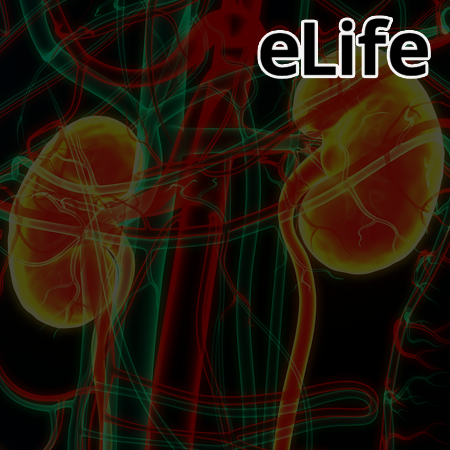
Uremic toxin indoxyl sulfate induces trained immunity via the AhR- dependent arachidonic acid pathway in end-stage renal disease (ESRD)
Prof. Won-Woo Lee
Professor Won-Woo Lee's team in the Department of Microbiology and Immunology at SNU College of Medicine have identified the mechanism of trained immunity induced by the uremic toxin indoxyl sulfate, suggesting a new therapeutic target for patients with chronic kidney disease.

Molecular basis of facilitated target search and sequence discrimination of TALE homeodomain transcription factor Meis1
Prof. Juyong Lee
Our study reveals how human transcription factor Meis1 interacts with DNA using NMR and molecular dynamics simulation. Meis1 binds non-specifically its L1-α1 region to the DNA backbone, then achieves specific binding when it finds its target sequence.
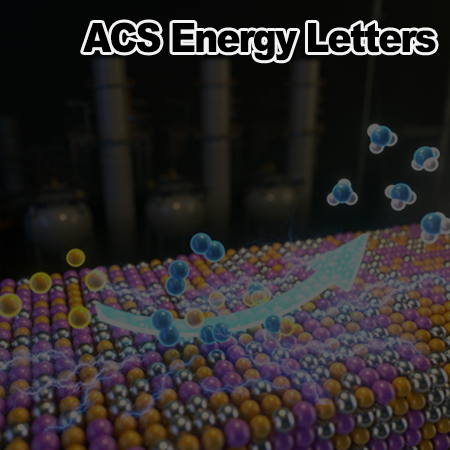
Enhancing Ammonia Production by Ag Incorporation in Li-Mediated Nitrogen Reduction Reactions
Prof. Yun Jeong Hwang
Professor Yun Jeong Hwang’s research team from Department of Chemistry at SNU improved the performance of electrochemical nitrogen reduction reactions by introducing silver into the electrode. The research identified the silver improves the efficiency of ammonia production and reduces the overpotential of the electrochemical reaction.

Latent magmatism beneath the Korean Peninsula caused by asthenosphere upwelling
Prof. Hyunwoo Lee
Volatiles such as helium and carbon dioxide provide insights into geological processes spanning from the Earth’s deep interior to its surface.

Inhibition of BCAT1-mediated cytosolic leucine metabolism regulates Th17 responses via the mTORC1-HIF1α pathway
Prof. Won-Woo Lee
Professor Won-Woo Lee's team in the Department of Microbiology and Immunology at SNU College of Medicine has uncovered that the metabolic pathway of cytosolic leucine in CD4+ T cells plays a crucial role in modulating the inflammatory Th17 response, a key factor in autoimmunity.
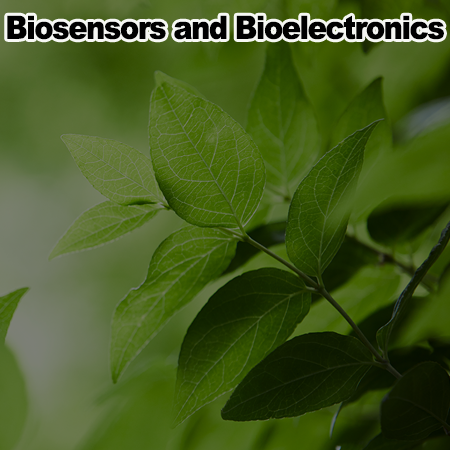
Integrating non-invasive VIS-NIR and bioimpedance spectroscopies for stress classification of sweet basil (Ocimum basilicum L.) with machine learning
Prof. Soo Chung
Plant stress diagnosis is essential for efficient crop management and productivity increase. Under stress, plants undergo physiological and compositional changes.


